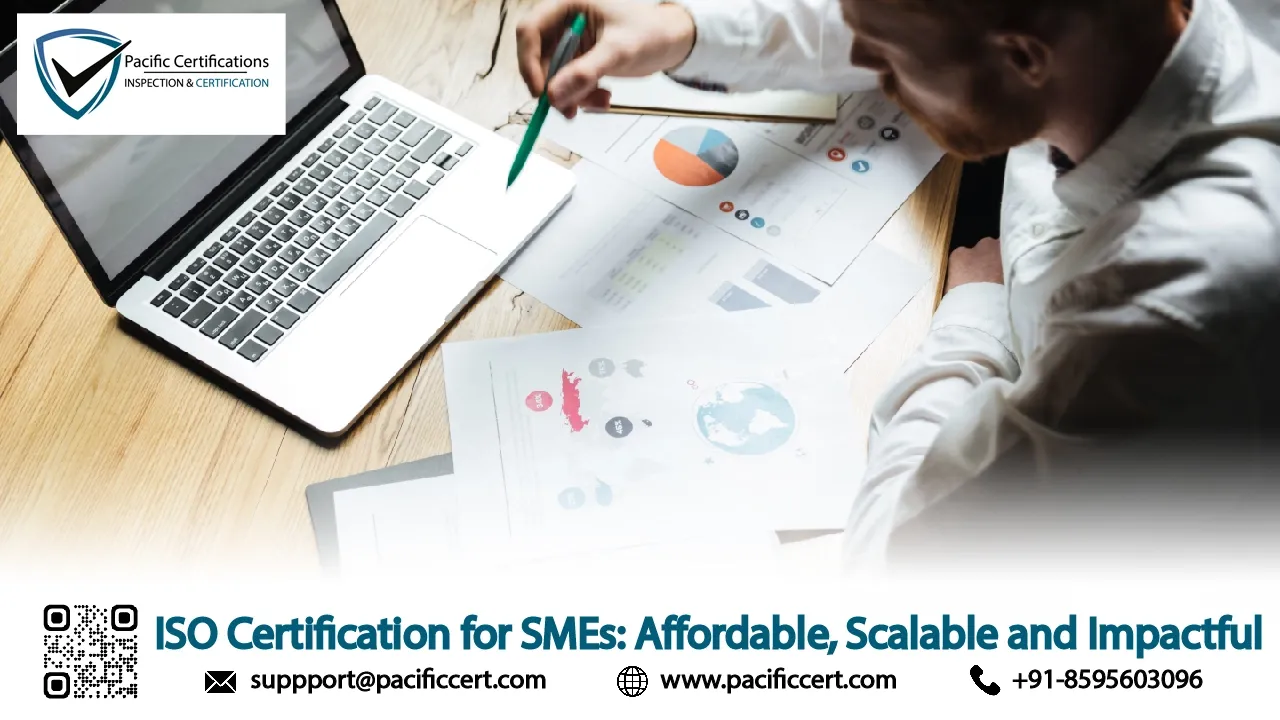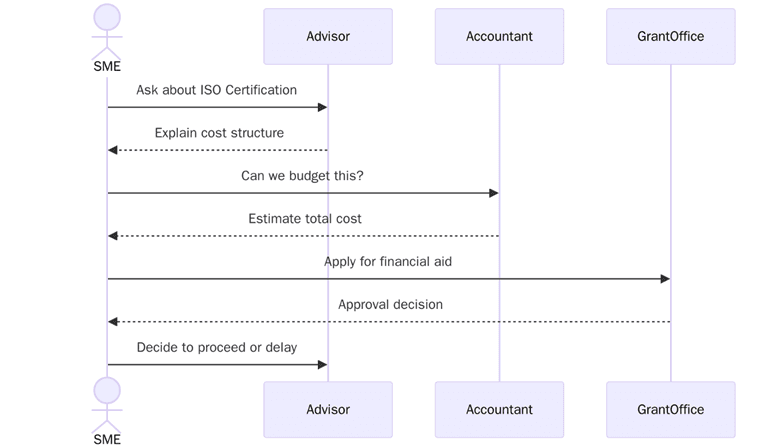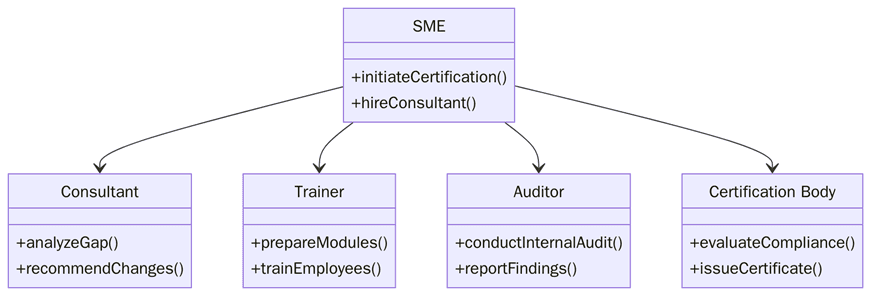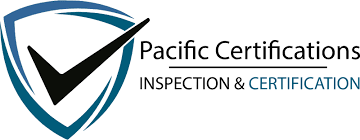ISO Certification for SMEs: Affordable, Scalable and Impactful

ISO certification is commonly linked with large businesses but SMEs can also benefit, if not more from ISO certification. SMEs may feel the costs, as well the lengthy processes of getting ISO certified will not effectively lead to anything long-term, but it does add the value. However, the benefits of ISO certification on your business are worth all the efforts to gain ISO certification. In this blog, you will read about how ISO certification can be affordable and scalable for SMEs, how ISO certification adds value to your company as a lever for quality, operational and customer satisfaction improvements.
For assistance, contact us at [email protected].
Introduction
According to the International Organisation for Standardisation (ISO), small and medium-sized enterprises (SMEs) are important contributors to the global economy. SMEs are responsible for employing a significant number of people and also for improving innovation. However, SMEs encounter challenges related to limited resources, growing competition and situation of needing to operate more smoothly. ISO certification is a proactive approach and a globally leveraged method for overcoming some of these challenges.
ISO standards (ex. ISO 9001 - Quality Management, ISO 14001 - Environmental Management, and ISO/IEC 27001 - Information Security Management) are established in order to help Organisation s (of all sizes) understand ways to improve processes, reduce risks and improve satisfaction with customers. For SMEs, ISO certification is a path to better operate as smooth as they can, as well as gain credibility and a competitive advantage locally and globally. Furthermore, ISO certification is scalable and affordable, leaning even more toward meeting the needs of SMEs with less resources than larger organisations.
If you're unsure which ISO standard is right for your business, you can explore various ISO certifications and guidelines at the ISO website.
Why ISO Certification Is Important for SMEs?
ISO certification is not merely a recognition, it provides numerous benefits that actually help businesses grow and become sustainable. ISO certification helps Organisations streamline processes, eliminate ineffectiveness and minimize waste. This can result in meaningful savings in costs and improved productivity, which is important for small businesses that work on thin margins.
ISO accreditation ensures consistent delivery of quality products and services, which improves customer satisfaction. For SMEs, some form of certification like ISO 9001 provides comfort in knowing that your business provides quality services and improves customer trust and also improves customer loyalty. ISO certification will also help your business to create a competitive advantage in the market as it shows that your Organisation adheres to a respected and internationally recognized standard. For SMEs looking to start or grow their business, it can be the key component that provides the differentiator that sets them apart from their competitors by developing the confidence to bid on new contracts or enter and expand into new markets.
Affordability of ISO Certification for SMEs
There are many important variables that affect the cost of ISO certification, including the standard, the size of the Organisation, and the certification body. The good news is that ISO certification is accessible for SMEs, particularly when considering the longer-term benefits. For example, the costs associated with certification will be significantly higher for larger organisations given their size and complexity compared to many SMEs who will have less costly options. Many SMEs can achieve ISO certification without the use of an external consultant, especially if they have a resource that understands the standard internally.

An SME may choose to introduce ISO standards through an incremental process with one component such as ISO 9001 for quality management, before moving to other components such as ISO 14001 or ISO/IEC 27001. This approach can make ISO certification much more accessible, and enables an organisation to focus first on implementing a system proportional to their immediate needs.
For assistance, contact us at [email protected].
Scalability of ISO Certification for SMEs
ISO certification has scalability, so it can be scaled in terms of the size and level of complexity of any Organisation. The standards are made to be interpretable, almost like a hierarchy, which allows small companies to carry out processes on a small scale and then again as the Organisation grows possible implement at a bigger scale
ISO certification and the standards that surround, help SMEs, particularly as they grow and expanding into international markets. Regulatory compliance with global standards, which ISO certification provides. Many international clients and markets that require and obtain ISO certification as part of the procurements process, can be advantageous for Organisations who want to be able to show credibility and reliability and foundations for certification is based on developing an action plan to improve or develop and maintain a service or product.
How to Get ISO Certified: A Step-by-Step Process for SMEs
For SMEs, obtaining ISO certification is a manageable process, and it starts with understanding the specific requirements of the ISO standard you want to pursue. Here is a simple step-by-step guide to achieving ISO certification:

1. Determine the Relevant ISO Standard: Determine the right ISO standard that applies to your business needs, whether it be ISO 9001 for quality management, ISO 14001 for environmental management, or ISO / IEC 27001 for information security.
2. Carry out a Gap Analysis to Identify Needs: Assess your current processes to understand what areas will need improvement to comply with ISO Standards. The gap analysis will help you know the changes required, what resources are needed.
3. Establish and Implement Required Processes: Establish the needed processes, procedures and documents to comply with ISO requirements. Provide input from key stakeholders and ensure staff are trained in the new standards.
4. Perform Internal Audit and Review: Complete an internal audit to check compliance with the ISO standard, and make sure to remediate any non-conformity or gaps identified before the audit for formal certification.
5. Complete Certification Audit: Choose an accredited the certification body to complete the audit. The auditor will review your processes, documents and systems to determine compliance with ISO standards.
6. Continuous Improvement and Surveillance Audits: Complete regular surveillance audits to maintain compliance and continuous improvement after achieving certification.
Contact Us
Pacific Certifications is here to guide your SME through the ISO certification process. Whether you're looking to improve product quality, streamline operations, or improve customer satisfaction, our team of experts is here to assist you every step of the way.
If you need support with ISO certification for SMEs, contact us at [email protected].
Read More at: Blogs by Pacific Certifications

